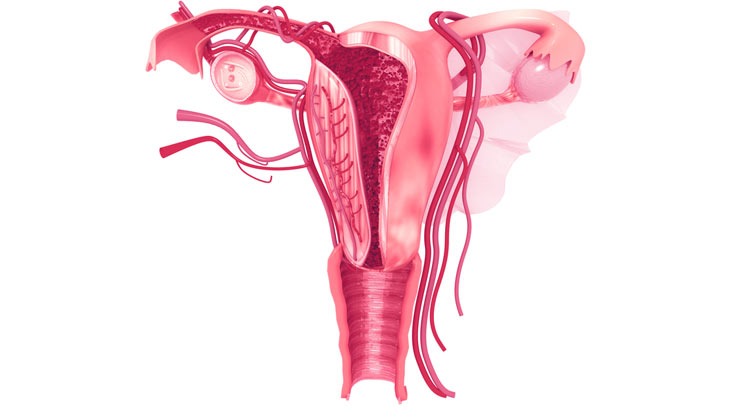
Can Diabetes Affect Fertility?
Diabetes Mellitus Type 1 and Type 2 is a disease that affects millions of individuals. The American …
November 4, 2019
Read More![Remembering Hurricane Sandy]()
Remembering Hurricane Sandy
When Kelly and her husband decided to see a reproductive endocrinologist to start their family, the …
October 28, 2019
Read More![Understanding BRCA]()
Understanding BRCA
A hereditary cancer syndrome is a predisposition to certain types of cancer caused by inherited …
October 21, 2019
Read More![Improving Fertility Treatment Outcomes with Real-Time Research]()
Improving Fertility Treatment Outcomes with Real-Time Research
Reproductive Medicine Associates of New York’s research team thrives on integrating with our …
October 14, 2019
Read More![Supporting Patients Following a Miscarriage: Interview with Rena Stein, LMSW]()
Supporting Patients Following a Miscarriage: Interview with Rena Stein, LMSW
Miscarriages affect many individuals as they attempt to build their families. Supporting patients …
October 7, 2019
Read More![Reflecting on a Year of Progress in Oncofertility at RMA of New York]()
Reflecting on a Year of Progress in Oncofertility at RMA of New York
This August, we celebrated the first anniversary of the Mount Sinai-RMA Oncofertility Program. As …
September 30, 2019
Read More![How Uterine Anomalies Can Affect Fertility]()
How Uterine Anomalies Can Affect Fertility
Congenital uterine anomalies are abnormal shapes of the uterus that develop before birth. The …
September 23, 2019
Read More![How to Manage PCOS Symptoms Through Diet]()
How to Manage PCOS Symptoms Through Diet
Polycystic Ovarian Syndrome (PCOS) is a condition marked by irregular or absent ovulation that …
September 16, 2019
Read More![Talking T.E.A.L.: Q&A with Co-Founder Pamela Esposito-Amery]()
Talking T.E.A.L.: Q&A with Co-Founder Pamela Esposito-Amery
Tell Every Amazing Lady® About Ovarian Cancer (T.E.A.L.®) was founded in 2009 by two sisters, …
September 9, 2019
Read More![Diagnosing and Treating Asherman’s Syndrome]()
Diagnosing and Treating Asherman’s Syndrome
Asherman’s syndrome, also referred to as intrauterine synechiae or uterine synechiae, is a …
September 2, 2019
Read More
Get Started
It’s never too early to learn about your fertility and reproductive options.
Have questions?
We can help.
Patient-centric reproductive medicine is our specialty, and we look forward to answering any questions you may have.









